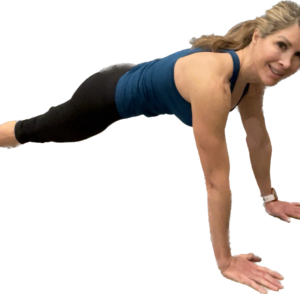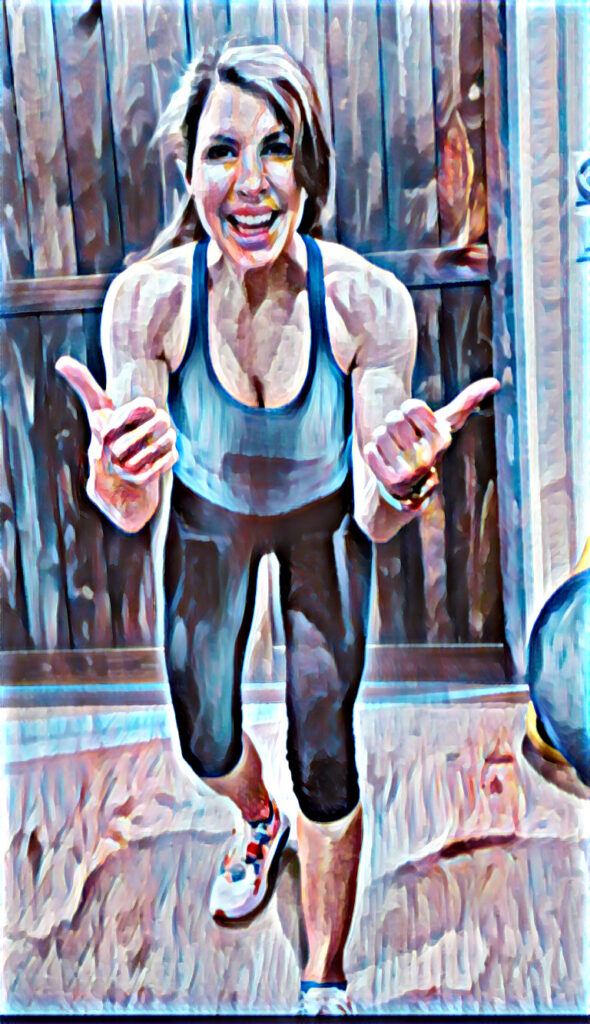Goal setting can be a positive, powerful practice that sparks enthusiasm and provides clear direction. But, if adapted poorly, goal setting can have a serious downside that may undermine success. Poor goal setting can waste time and make people cynical fostering confusion about where to concentrate actions and energy. To achieve your goals, make them SMART!
Specific- What is your focus? How will you do that? What does that look like?
Measurable – How often will you do this? What will you track and how?
Action Oriented – What is the behavior you will change?
Realistic- Don’t set yourself up for failure. Try setting smaller goals that lead to a bigger goal.
Timely – How long will it take? Is this a lifestyle change or a temporary goal?
Say for example, you set a goal of “eating better” in 2022. Great idea – we can all do better nutritionally, can’t we? So, what does that look like? How will you know you’ve achieved it if there isn’t some kind of measurement or tracking, specific tactics identified and with a time period of some sort? Ask yourself these questions as you keep “peeling the onion” and you’ll get to a SMART plan.
Let’s try this again.
I want to eat better in 2022.
What does that look like?
I will make sure to include colorful vegetables and/or fruit each day.
If you currently have days of no vegetables, you might start with a goal of eating a minimum of 2-3 vegetables each day. You can track this goal a number of ways. A simple check in calendar will do. It doesn’t need to be complicated, but if you don’t track progress, your chance of success will be diminished because you won’t know what to adjust or how.
Let’s keep peeling the onion…how else would “eating better” look like?
I will eliminate process foods such as bread, pasta, rice, chips, and crackers most days of the week.
That’s better….but, can we tighten that down? If you are eating these kinds of “foods” daily, try starting with 4 days/week with no processed foods or replacing them with healthier alternatives.
Ask yourself again. How else does “eating better” look like?
I will start each day with 2 glasses of water, or a glass of water with half a lemon and cayenne pepper, or a cup of tea before diving into coffee.
With this goal, there’s a time component (daily) and a specific action: starting the day with 2 glasses of water.
How else will you see results of eating better?
I will reduce bodyfat around my waist.
That’s a good one that will increase your lifespan. How can you track that? There are several methods you could choose: use a measuring tape, track body fat percentage using a scale or gym tool, take a picture, or keep trying on that belt that got too snug. Each of these tracking measures could be done weekly.
There are many options to “eat better” that can be achieved with these SMART goals:
- I will start my day with 1-2 cups of filtered water with either lemon, greens or reds added.
- I will start reading ingredient labels on foods to ensure higher quality and avoid chemicals or poor-quality industrial oils.
- I will strive to eliminate processed (high glycemic) foods from my diet at least 4 days a week.
- I reduce bedtime snacks from daily to 2-3X/week until my waist is 2” smaller and I will commit to no more than 200 calories per snack.
- I will measure my waist (or hips or thighs) once a week to track body fat changes.
- I will review my goals daily and share them with my closest friends and family to enlist their support.
Maybe you haven’t been cooking meals at home, so reducing the number of times you eat out could be a goal (& save money!).
Once you’ve set some goals, what next? Surround yourself with like-minded people and share your goals for added support. Small daily changes can lead to sustainable progress. Be kind to yourself. While tracking progress may seem intimidating (or a pain in the a**), remember this: what you focus on is what can change or grow. When you feel like quitting, remember why you started. Each day is a new opportunity to change and grow.
Also, it’s perfectly acceptable to adjust and changes goals along the way–but, if you aren’t tracking goals, you won’t know what to adjust. Maybe you need to eliminate processed foods 6 days a week because progress was too slow. Maybe you need to add a walk time each day.
Just remember to be kind to yourself. Change doesn’t occur overnight. Remind yourself of the benefits of these improvements. What have you got to GAIN? Longevity? Better sleep? Weight loss? Greater energy? Increased performance?
Turn your resolutions into reality. And make FIT happen!










